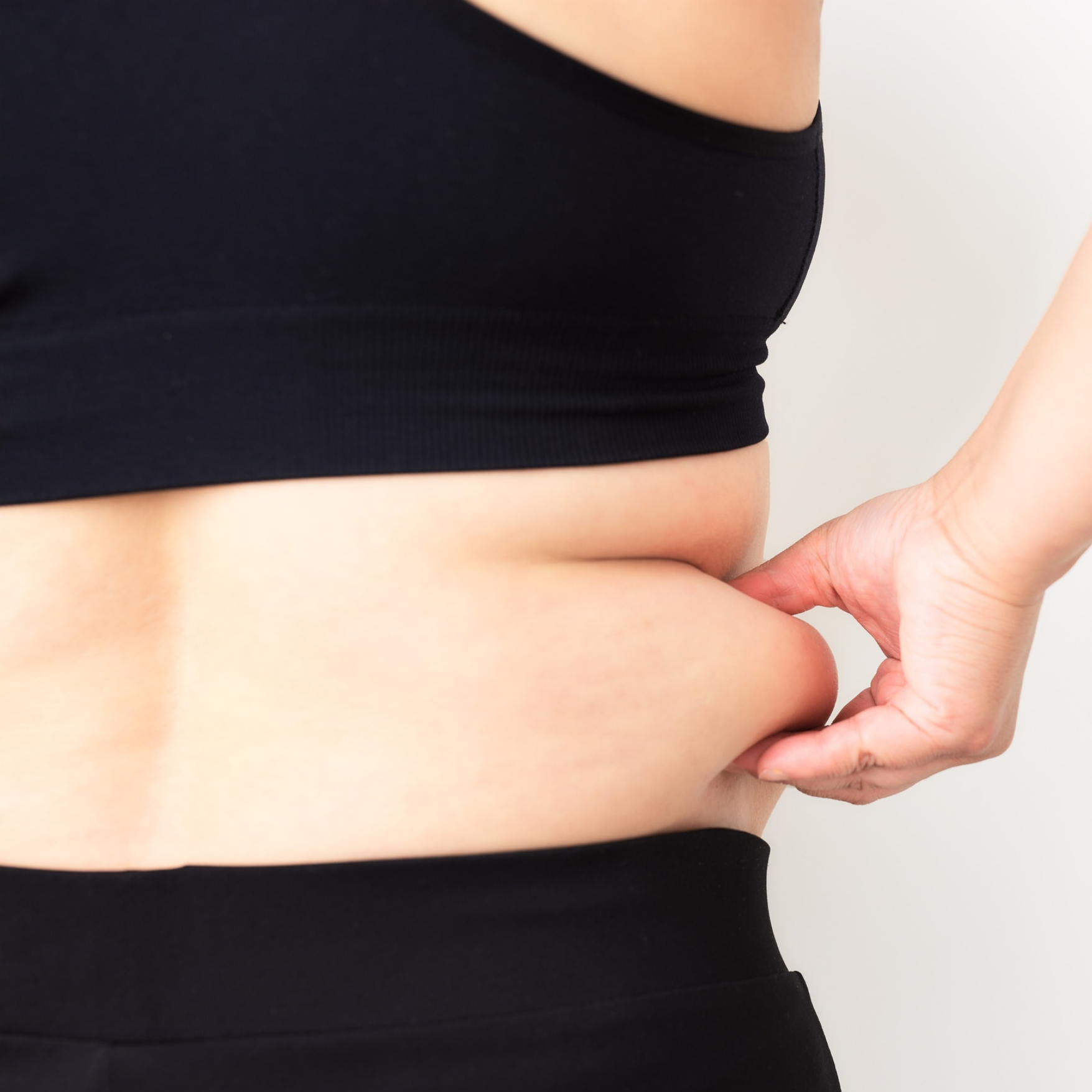What is the best diet for fatty liver disease?
Non-alcoholic fatty liver disease (NAFLD) is a term for a wide range of conditions in which there is a build-up of fat in the liver cells of people who do not drink alcohol excessively. Initially the fat deposits may not be associated with any symptoms, however, in some people this may progress to inflammation, called non alcoholic steatohepatitis (NASH), which may in turn lead to scarring and cirrhosis.
You are more likely to develop a fatty liver if you:
are overweight or obese
have high blood cholesterol
have diabetes
or have been diagnosed with insulin resistance
If you have a fatty liver, you are at risk of this progressing to more serious forms of liver disease (NASH and cirrhosis), and also developing other conditions including type 2 diabetes and cardiovascular disease.
You might be wondering how much liver fat you need to remove in order to reduce your risk of disease progression and associated conditions?
Reducing any amount of fat in your liver will reduce your risk of associated diseases, but any remaining amount of fat in your liver can progress to NASH and cirrhosis. So, you need to remove all of it!
Now for the good news…
Fatty liver is reversible if you treat it early on. Lifestyle modification consisting of diet, exercise, and weight loss is the cornerstone of treatment for individuals with NAFLD. Evidence suggests that weight loss of 10% can result in improvements.
While weight loss is important, caloric restriction alone is insufficient in NAFLD. The type of foods and fluids you consume is important too. Proper nutrition plays a vital role in managing and reversing NAFLD.
At Kylie Russell Dietitian, we've crafted a three-month program designed to assist individuals in implementing the necessary diet and lifestyle adjustments for improving their liver health and lose weight. This includes a comprehensive dietitian assessment with personalised recommendations, meal plans and recipes, as well as 2 x follow-up consultations. Not only that, because we know questions may arise at any time, Kylie will be available for contact via email between appointments. This package allows for ongoing support and monitoring, ensuring that individuals receive continuous guidance and adjustments to their plan as needed. Contact us today if you are interested at kylie@kylierusselldietitian.co.nz.



